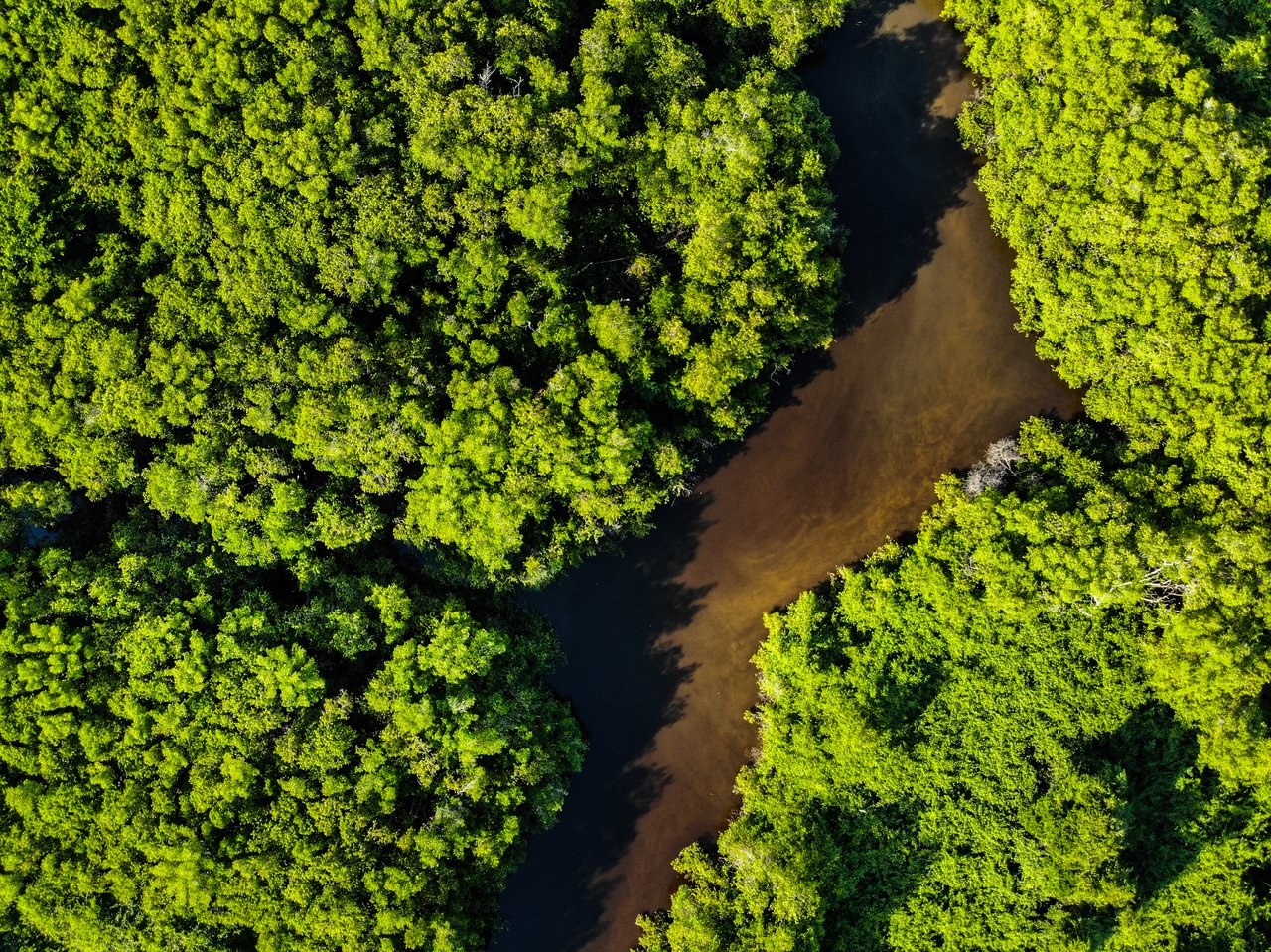When it comes to desirable hardwood flooring products, Brazilian hardwoods are some of the most popular. They often exhibit unique wood grains and colours that are not normally found in domestic species. They also possess a durability that’s hard to match when limiting your search to North American harvested timber. To shine a little more light on this exotic floorboard material we’ve come up with a list of four facts about Brazilian hardwood.
It May Not Actually Be From Brazil
Many of the wood species that are considered Brazilian hardwoods aren’t necessarily grown in Brazil. The designation of Brazilian hardwood has become a generic catchall phrase for timber products that can originate from locations throughout Central and South America. For example, Brazlian teak can be harvested anywhere from Mexico all the way down to Argentina. So your favourite Brazilian hardwood may not have even been anywhere near the country of Brazil itself.
They Are Some Of The Hardest Woods Available
Beyond their attractive appearance, Brazilian hardwoods are highly sought after due to their exceptional durability. On the Janka hardness scale, the official measurement of wood hardness, even the softer Brazilian hardwoods are harder, and therefore more durable, than the hardest North American species. When it comes to durability, Brazilian hardwoods are hard to beat.
They Can Be Sustainably Produced
Exotic hardwoods as a whole have received a bad name because of inappropriate harvesting of restricted and endangered wood species. They have also sometimes been associated with deforestation of ecologically valuable rainforests But not all exotics fall under these categories. In fact, many of the responsibly harvested species can actually protect forests as their continued existence is economically advantageous. The South American logging industry as a whole has come to understand the need to act environmentally responsibly. As such most Brazilian hardwood is now certified by the Forest Stewardship Council which sets standards for forest protection.
They’re Not Cheap!
When compared with domestic species, Brazilian hardwoods are definitely not cheap. They can cost as much as three times more than local products. Part of this comes down to shipping costs, but there are also extra production costs that result from the difficulty of working with the incredibly dense wood. But for those who are partial to Brazilian hardwoods, the durability and good looks of these products make them well worth their price.

